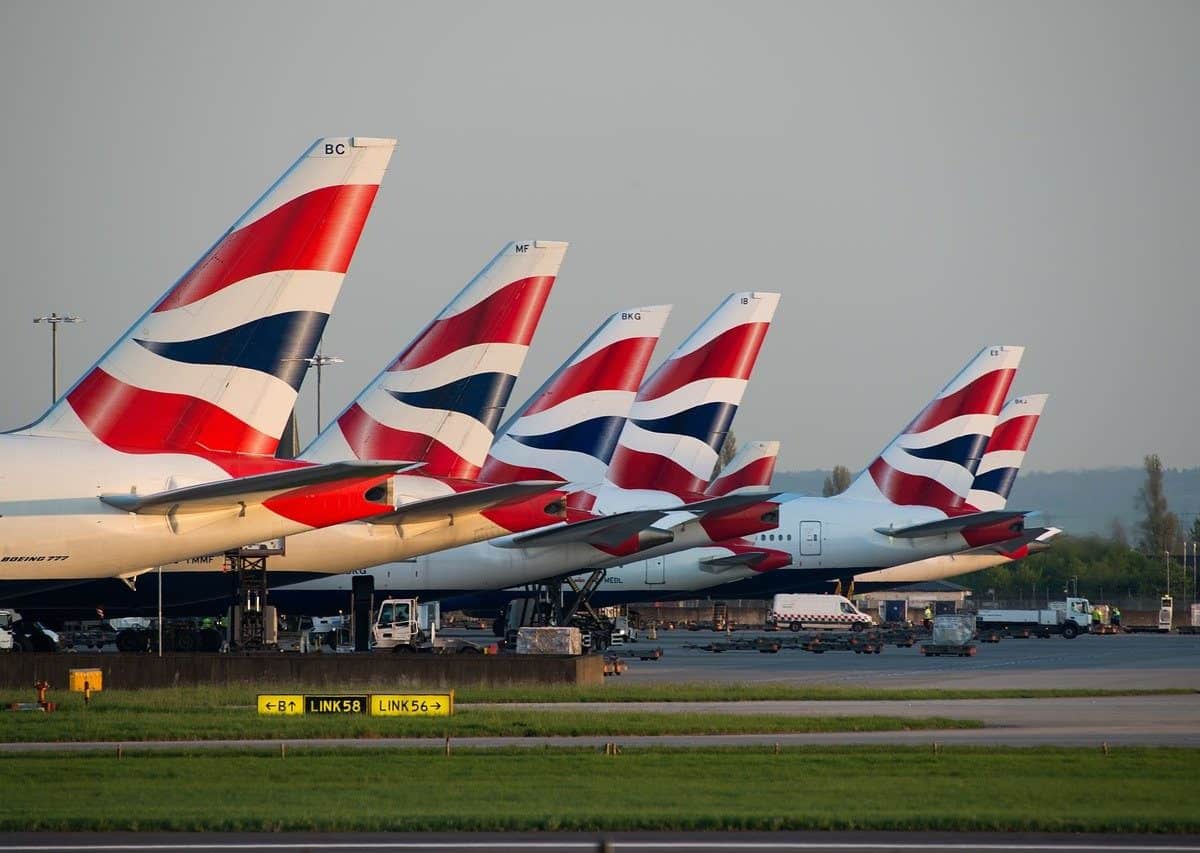It’s not quite in the same category as ‘selling off the family silver’, as the saying goes. But British Airways is certainly selling off the china, glassware and crockery.
In yet another sign of how tough times are for the airline industry, BA has announced that it is having the aviation equivalent of a garage sale – perhaps it should be called a ‘hangar sale’ – as it seeks to make a little cash from a wide range of items normally used in its first-class and business-class cabins.
But in the Covid-19 era, with demand for airline flights far down and diminished passenger numbers translating into less onboard breakages and presumably less pilfering too, BA now has a surplus of goodies, both new and used.
Items from retired Boeing 747 fleet
Among the items for sale are champagne flutes, fine china, slippers, soup bowls, cups and saucers, William Edwards plates, casserole dishes, passenger day-blankets, metal bread baskets and first-class pyjamas.
Also available are insulated metal boxes for transporting hot food and bin trolleys. These come from the fleet of iconic Boeing 747 jets which have been retired from service.
The hope among BA management, presumably, is that there will be sufficient aviation buffs around the world who would like to kit out their dining room at home to look like an upmarket airline cabin. Perhaps it’s just the thing for people who would like to be jetting off somewhere exotic for Christmas, but now have to stay home.
“We know that these special items will fly and we are delighted to be able to offer them in time for Christmas to give people the opportunity to make it memorable during a difficult year,” said Carolina Martinoli, the Director of Brand and Customer Experience at BA.
Parent company’s $2-billion quarterly loss
International Airlines Group (IAG), which owns BA, recently posted a mammoth $2.1-billion loss for the third quarter and said it would be heavily cutting back on its flight schedules until 2021.
In late September, the International Air Transport Association (Iata) cut its forecast for this year’s traffic growth to an average decline of 66% year-on-year due to the pandemic and collapse of global air travel. Earlier in the year it had forecast 63%.
“The outlook has actually gotten darker, something I would not have believed possible just a few months ago,” Alexandre de Juniac, Iata’s Director General said at the time. “This year the industry is heading into the slow season (Northern Hemisphere winter) in the worst financial position in its history.”












